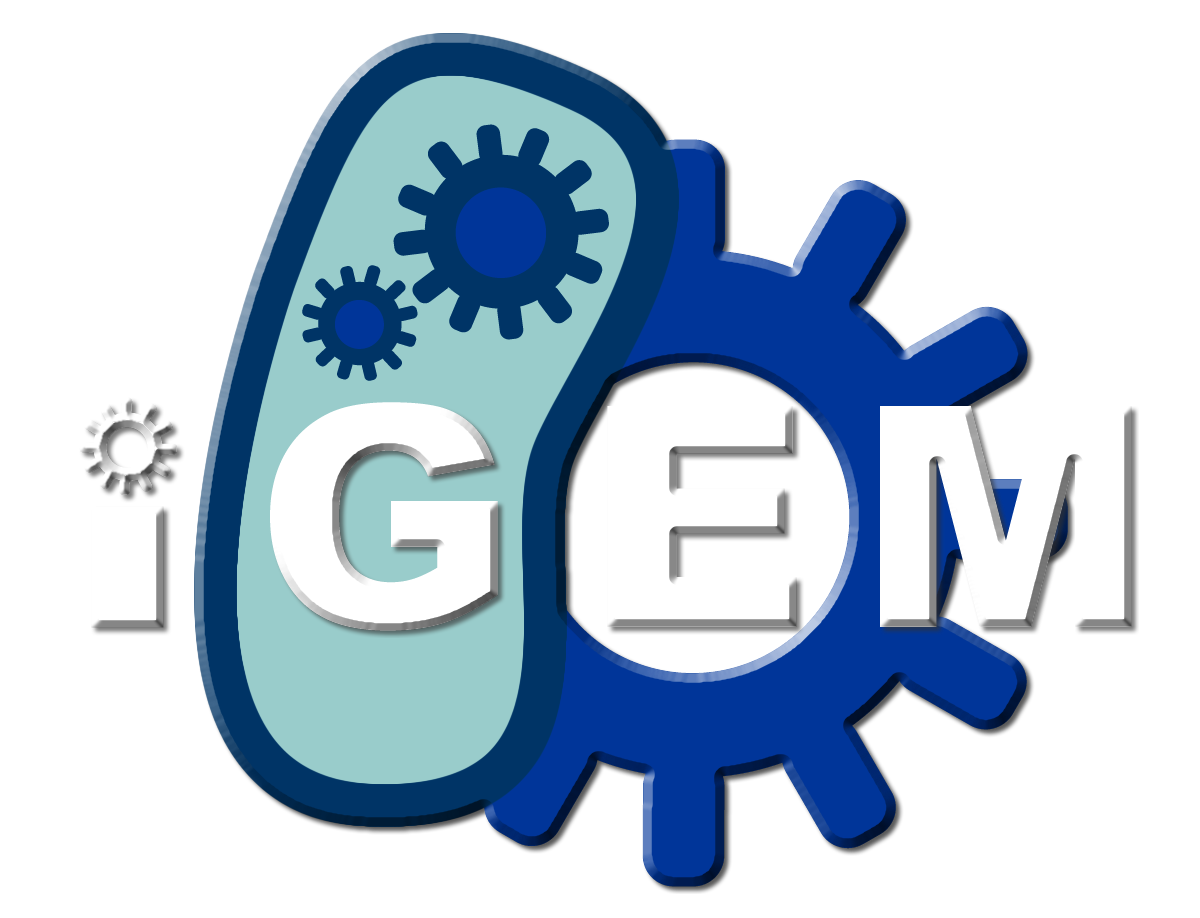Team:NC School of Sci Math/Project
From 2013hs.igem.org
Jack Allen (Talk | contribs) |
Jack Allen (Talk | contribs) |
||
| Line 12: | Line 12: | ||
[[File:Design.jpg|800px]] | [[File:Design.jpg|800px]] | ||
| - | |||
===References=== | ===References=== | ||
Revision as of 15:47, 20 June 2013
Home Team Project Details Lab Notebook Results Human Impact Biosafety Acknowledgments Official Team Profile
Project Proposal
Our multi-input logic gate will produce a colorimetric output for nitrates, phosphates, and toxic chemicals such as lead and copper, which are all detrimental to the function of septic tanks. The diagram below shows the genome of our E. Coli plasmid that will produce a unique colorimetric output based on the presence of the targeted metals in the local environment.
As shown in Figure 1 on the left, prs303 E. coli plasmid after insertion of the genetic elements necessary for expression of fluorescent proteins based on presence of phosphates, nitrates, or reactive metal ions. Three of the four FPs in the plasmid are regulated by a different promoter that is activated in the presence of the targeted substance. Activation of the phosphate activated, copper activated and nitrate/nitrite activated promoters results in the translation of TagRFP, TagBFP2, and SYFP proteins, respectively. The fourth FP, Superfolder GFP, is regulated by a transcription factor that forms as the result of Lead ions binding to the Lead Binding Protein. The appropriate FP genes will be inserted at the AfeI restriction site, as shown. The Ampicillin Resistance Gene allows positive selection of plasmids that have been transformed as intended, and is inserted at the EcoRI site as shown.
As shown in Figure 2 on the right, the Google ADK (Accessories Development Kit) can be used to sense these colorimetric outputs. The Google ADK can be modified to detect the colorimetric outputs from the E. coli plasmid. The device monitors color by detecting the amount and type of light absorbed across a known difference. A prototype of the device is shown in Figure 2. The chemicals present and their approximate concentrations based on absorbance of color are then sent through the Google ADK to the septic tank owner to notify them that an inspection of the tank is needed. If significant color change that could indicate increased levels of one or more of the harmful substances is detected, the modified Google ADK will notify the septic tank owner to recommend tank inspection. The Google ADK will serve as a detector of the colorimetric output and serves the main purpose of processing and communicating information to the tank owner.
 "
"



